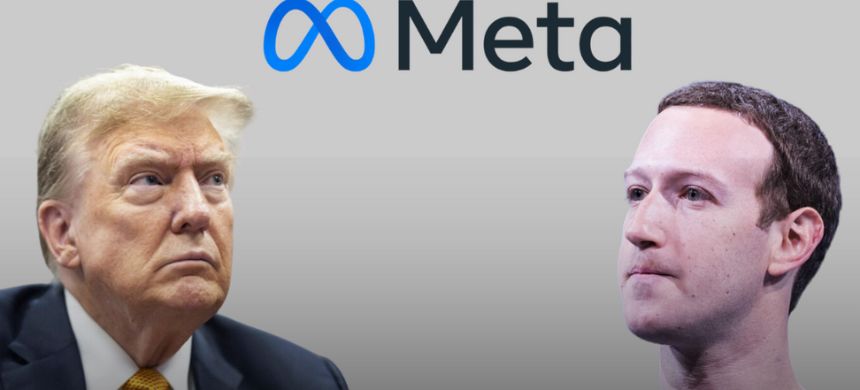In 2012, Instagram had just 30 million users and zero revenue. It was a niche photo-sharing app, popular among hipsters and hobbyists. But Mark Zuckerberg saw something else entirely. Just 13 employees and one $1 billion acquisition later, Instagram was absorbed into Facebook’s growing empire. Industry analysts were stunned—but Zuckerberg wasn’t playing for praise. He was playing for power.
Two years later, it happened again. WhatsApp, a fast-growing messaging app with international appeal, was bought by Facebook for a jaw-dropping $19 billion. Once again, the tech world buzzed with speculation. And once again, Zuckerberg was positioning his company not just to grow—but to dominate.
Today, those once-brilliant business moves have landed Meta, the company formerly known as Facebook, in hot water with the United States government.
The FTC vs. Meta: A Landmark Antitrust Case
Meta is now at the center of one of the most high-stakes antitrust trials in U.S. history. The U.S. Federal Trade Commission (FTC) alleges that Meta’s acquisitions of Instagram and WhatsApp weren’t just strategic growth decisions—they were part of a calculated effort to stifle emerging threats and maintain an illegal monopoly over the social media landscape.
The FTC’s case hinges on internal emails and documents suggesting that Zuckerberg saw these companies as existential threats and moved swiftly to neutralize them before they could compete. If proven true, that would be a violation of U.S. antitrust law, which prohibits companies from using mergers to illegally consolidate market power.
The Regulatory Rewind: Why Now?
The acquisitions were approved years ago—Instagram in 2012, WhatsApp in 2014—by the same U.S. government now seeking to undo them. At the time, regulators didn’t foresee just how dominant Meta would become. Social media was still evolving, and the scale of Meta’s reach hadn’t yet crystallized.
Today, with Meta controlling Facebook, Instagram, WhatsApp, and Messenger, the picture is starkly different. Combined, these platforms shape how billions of people communicate, socialize, and consume news—essentially controlling the digital public square.
The FTC’s lawsuit is more than just a legal maneuver; it’s a response to growing public concern that American tech giants, left unchecked, have become too powerful.
Can Meta Be Broken Up?
Theoretically, yes. If the FTC wins, a U.S. court could order Meta to divest Instagram and WhatsApp, effectively reversing the acquisitions. But the path is steep. Unwinding companies that have spent years integrating systems, data, and infrastructure would be a colossal task—one Meta argues would be disruptive, even dangerous, to consumers and innovation.
Meta claims the government is trying to rewrite the rules long after the game began. The company’s legal team is expected to fight the case vigorously, backed by one of the most powerful lobbying operations in Washington, D.C.
Still, the case could set a powerful precedent. If the U.S. government can successfully challenge Meta’s past deals, it might signal a new era of antitrust enforcement—not just in the U.S., but globally.
Is It Too Late?
Even if Meta is broken up, the company’s influence on the digital world is already baked in. Instagram defined visual social media. WhatsApp popularized encrypted messaging. Facebook pioneered the modern social graph. Separating them now won’t undo their impact—but it could limit Meta’s future dominance.
More importantly, the trial could redefine how the U.S. government approaches Big Tech going forward. It could slow future mergers, encourage innovation through competition, and force tech leaders to think twice before buying up the next viral app.
The Stakes Are Global, But the Battle Starts in the U.S.
Can the U.S. government really break up Meta? Legally, yes. Politically, maybe. Practically? That remains to be seen.
But one thing is clear: this isn’t just about Meta. It’s about whether any tech giant, no matter how big, is above the law. And whether, after a decade of inaction, the U.S. is finally ready to rein in Silicon Valley’s unchecked power.
All eyes are now on the courtroom. What happens there could echo far beyond American borders—reshaping the future of tech around the world.











